Reading Morning Double Shot Editor Terry Barnes’ piece on Friday made me think of the history of the Liberal party and how, since the retirement of Sir Robert Menzies, it has made the same mistakes.
Terry wrote of how the Liberals federally ‘lost office after being flown into the ground by Malcolm Turnbull and then Scott Morrison, two Prime Ministers who saw the Liberal Party as a vehicle for personal ambition and took from it far more than they gave’.
Already a subscriber? Log in
Subscribe for just $2 a week
Try a month of The Spectator Australia absolutely free and without commitment. Not only that but – if you choose to continue – you’ll pay just $2 a week for your first year.
- Unlimited access to spectator.com.au and app
- The weekly edition on the Spectator Australia app
- Spectator podcasts and newsletters
- Full access to spectator.co.uk
Or

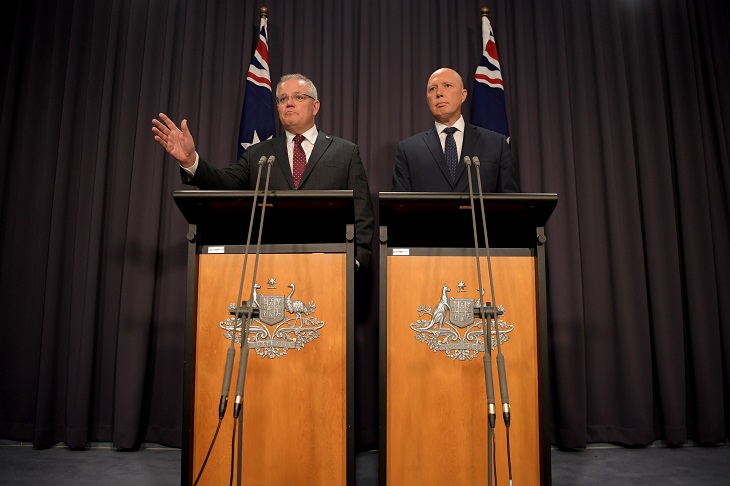
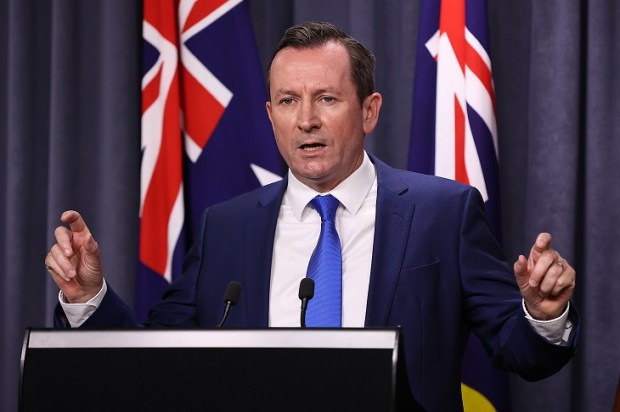
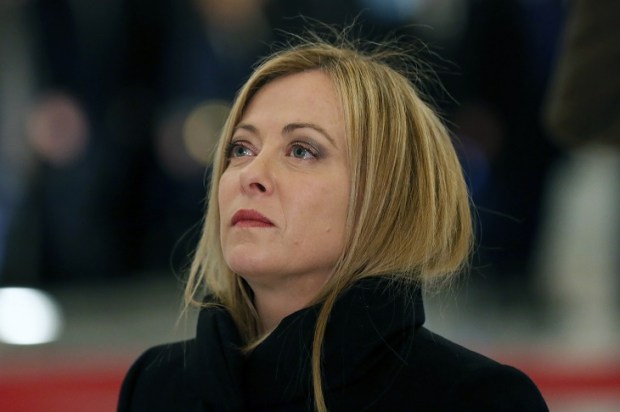
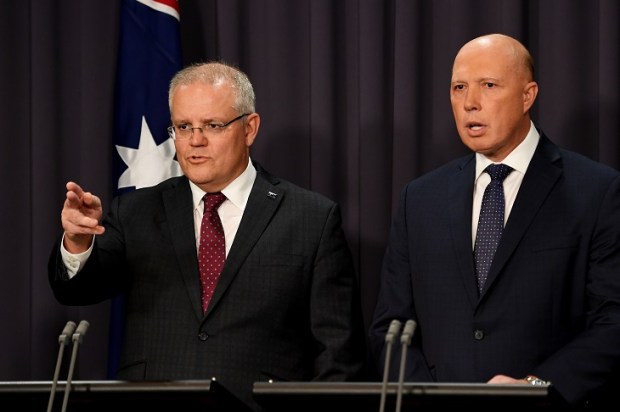

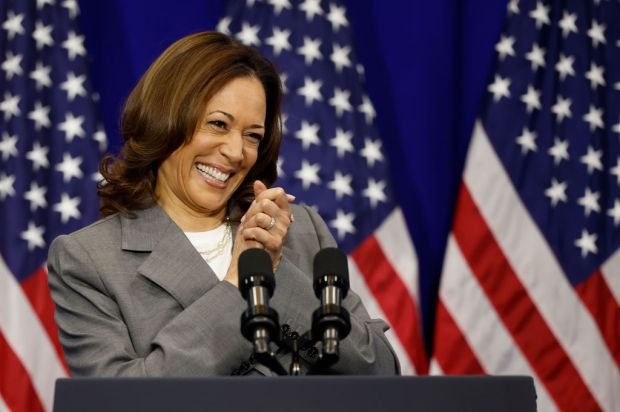



















Comments
Don't miss out
Join the conversation with other Spectator Australia readers. Subscribe to leave a comment.
SUBSCRIBEAlready a subscriber? Log in